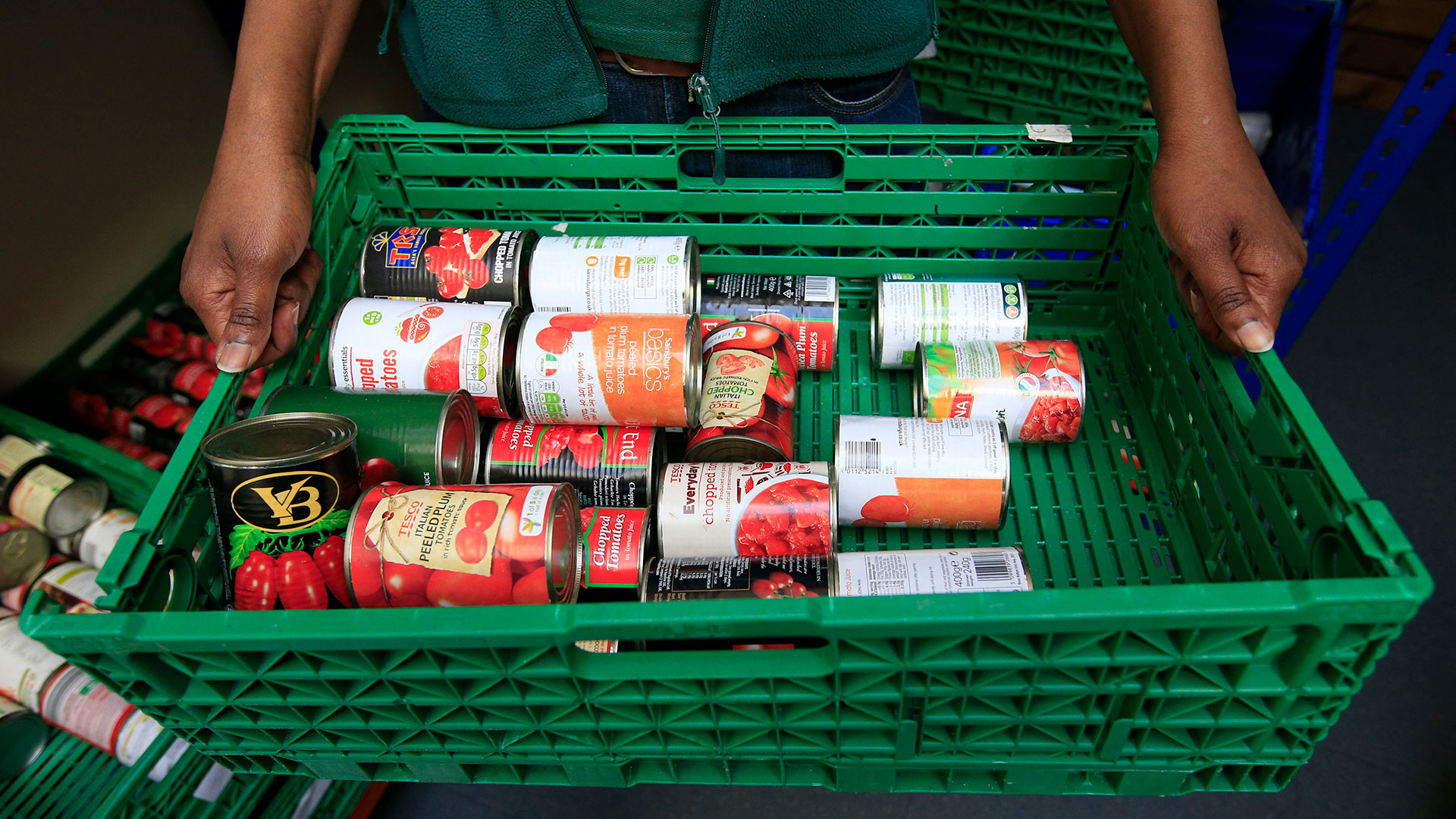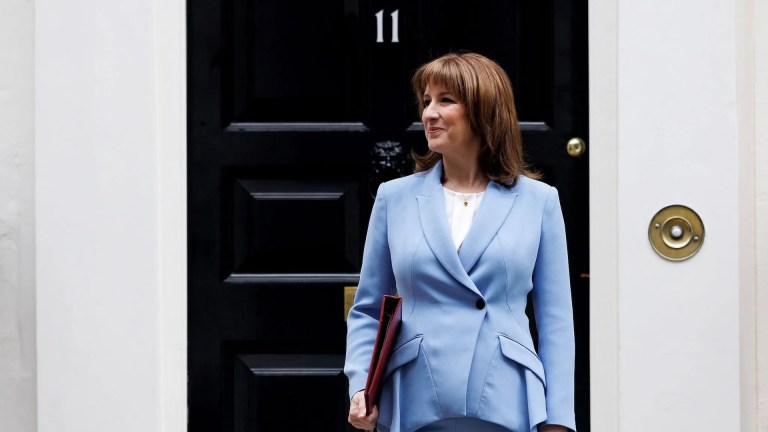Frontline staff and food poverty experts are troubled by the likelihood that a no-deal Brexit will herald disaster for people already struggling to get enough to eat.
“The issue is that they’re so busy and up against it already. Demand is increasing all the time,” Sabine Goodwin, coordinator of the Independent Food Aid Network (IFAN), told The Big Issue. “But if food prices go up even a little bit it will have a huge impact. Foodbanks are thinking about it and worrying about it but there’s so much to do in the here and now. And it seems that there isn’t enough information out there for them to know how to prepare or protect themselves, even if they could.”
The IFAN wants the government to invest in local welfare provision and boost hardship funds so that people who need the means to buy food are helped with cash that will allow them to “go to shops and buy food like everybody else” rather than “propping up an already broken system of foodbanking”.
“Wages need to be upped across the board, zero-hour contracts shouldn’t be in use, affordable housing needs to really be affordable, and be available,” Goodwin added. “This no-deal Brexit scenario or the possibility of should really act as a wake up call to us all. This situation is already an emergency and action is needed now. Not tomorrow, now. People are becoming desperate.”
Single parent families led by women, people who receive benefits and pensioners plus refugees and asylum seekers are likely to be disproportionately affected by a breakdown in the food system post-Brexit because large numbers of them already rely heavily on foodbanks.
Rajesh Makwana is the director of Sufra NW London, a charity that provides food aid to the community in Brent. Demand has nearly tripled in the past three years, he told The Big Issue, and the organisation has to buy in supplementary food because donations aren’t enough to feed everyone who needs help. They’re expecting to have to fundraise for and spend extra money.
Advertising helps fund Big Issue’s mission to end poverty
“If the impact of Brexit is going to be on the cost of food then that has huge implications,” he said. “We make sure that everyone gets enough food to last five-to-seven days in their parcels. If that’s a family of four, that’s the equivalent of a trolley full.
“So an increase in the price of food will have two effects. Firstly, it will push our food budgets up dramatically. Secondly, more people are likely to need to use the foodbank because their weekly bill will increase. Many of them are living off such a small amount that a tiny increase in cost could totally change their ability to access food.”
Food aid workers all seem to agree that any preparation must be strictly hypothetical because they have been given too little information to know how they can Brexit-proof their foodbanks’ operation.
“We’re just nervous,” Makwana adds. “We were already nervous because of Universal Credit, which could be rolled out here at any point. This adds another layer to that. But small community charities don’t have time to do proper analysis of this. There are no resources to let them calculate the risks, and the government isn’t telling us anything.
“You just have to expect the worst and plan for it. But that’s difficult to do because we’re already dealing with the worst. It’s already a broken system.”
Advertising helps fund Big Issue’s mission to end poverty
Most providers are scraping the bottom of the barrel by August
Independent foodbanks, of which there are around 800, are likely to be the worst hit due to tight budgets. The timing of a potential no-deal Brexit could hit them hard, too. With the UK set to leave the EU at the end of this month, workers are concerned about how Christmas donations could suffer – an influx of food which they rely on to keep low-income households fed well into the next year.
Robin Burgess, CEO of HOPE Centre in Northampton which tackles homelessness and delivers cooking lessons as well as food aid, said: “Virtually every foodbank is affected by the two basic principles – that food donations are at their highest around harvest and Christmas.
“If no-deal does hit, there is a massive risk that donations will be down. And if you don’t do well on those two pulses of food that means you run out sooner into next year. As it is, most providers are scraping the bottom of the barrel by August.”
Charity Fareshare redistributes surplus food around charities and community organisations. They warned that if all the organisations helping vulnerable people across the UK access food had to buy that food instead, it would cost them a collective £5m – per month.
There are also concerns that a no-deal Brexit could impact schools, hospitals and social care providers which all rely on a supply of nutritious food. Aid workers are demanding a two-pronged approach – a focus on preventing poverty for future generations and help lift families out of it in the short-term, including removing the no-deal Brexit cliff edge – to solve the problem.
A government spokesperson said: “The reasons for people using food banks are complex and they cannot be attributed to a single cause. But we are committed to tackling poverty and ensuring that vulnerable people get the support they need, which is why we continue to spend £95 billion a year on working-age benefits.
Advertising helps fund Big Issue’s mission to end poverty
“We have a highly resilient food supply chain in the UK and this will not change if we leave the EU without a deal.”









